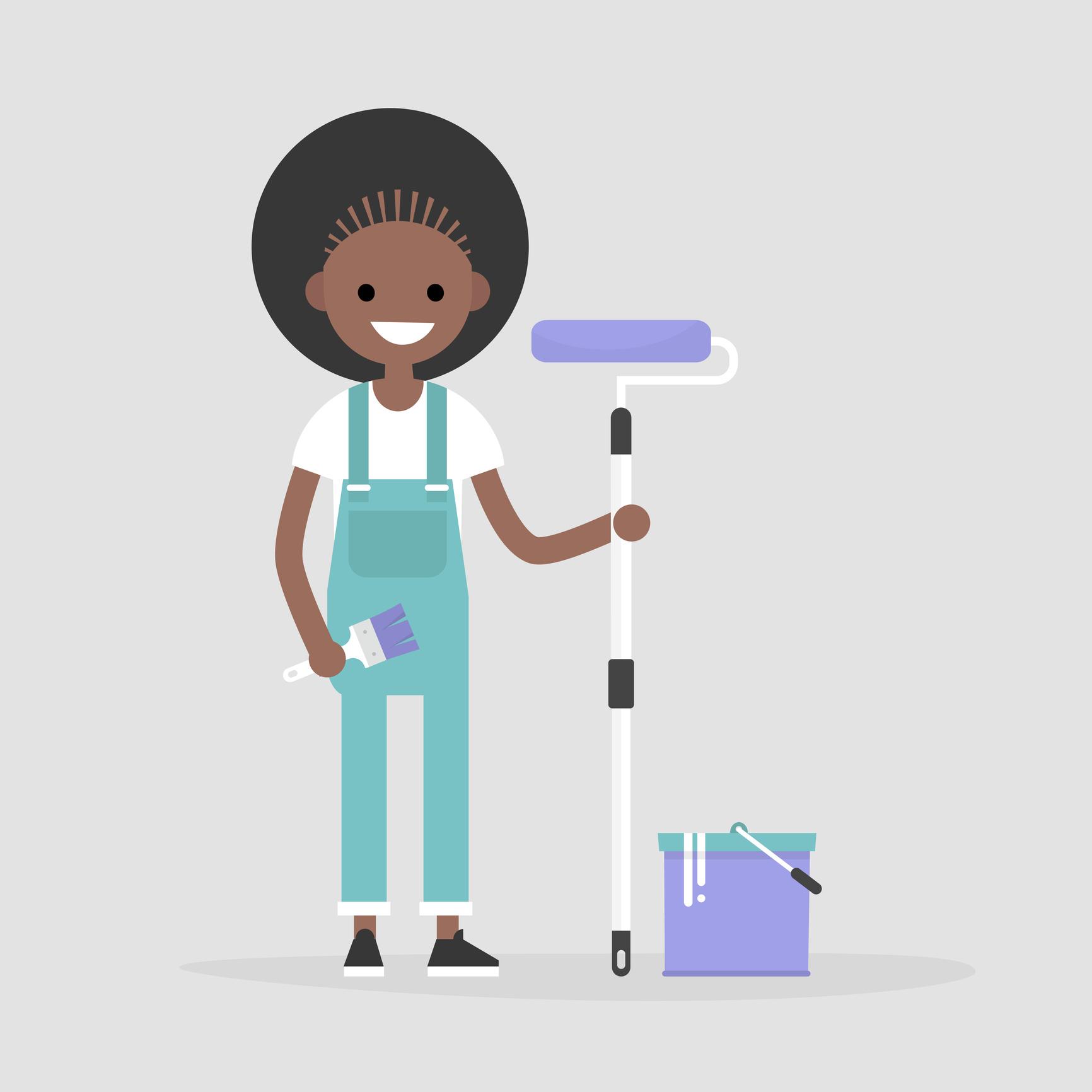
Key messages
- Gender roles and expectations are learned from family, communities, schools, culture and media.
- Stereotyped ideas about female and male qualities can be damaging because they limit our full potential.
- Media is highly influential in its portrayal of gender roles, stereotypes and expectations.
- Critical analytical skills are vital to question and challenge media messages.
- Modelling gender equity, respectful relationships and challenging stereotypes and discriminating behaviour is vital in schools.
- Teaching tips for ensuring gender equality in the classroom are included.
Gender roles
Gender roles (how we expect girls and boys to behave) are taught right from birth and influence all of us - what we wear, how we behave, what interests we have, how we feel about ourselves, and how we relate to one another.
Roles, responsibilities and expectations are learned from family, friends, communities, opinion leaders, religious institutions, schools, the workplaces, advertising and media. They are also influenced by custom, law, class, ethnicity, and individual or institutional bias.
Restricting what people can and can't do based on gender stereotypes only limits what they can achieve. We want to maximise our students' potential.
Gender stereotypes can limit people's potential, shape their career prospects, get in the way of good mental health and respectful relationships. Research shows the links between rigid gender stereotypes, gender inequality and violence against women and children.1
Male and female roles
Sex is determined at birth (or in the womb) by our biological features (body parts, hormones, chromosomes, etc). Whereas gender refers to socially constructed roles, responsibilities and expectations of males and females in a given culture or society.
The definitions of what it means to be male or female are learned, vary among cultures and change over time. These generalisations and stereotypes may lead to assumptions and often these assumptions are incorrect. Generalisations and stereotypes often ignore individual differences and treat groups of people as being all the same.
Stereotyped ideas about female and male qualities can be damaging because they limit our potential to develop the full range of possible human capabilities. By accepting these stereotypes we restrict our own actions and lose the ability to determine our own behaviour, interests and skills.
For example, as a result of gender stereotyping men may be discouraged from participating in 'women's work', such as childcare, nursing and teaching. Women may be dissuaded from choosing careers that have been traditionally male dominated such as engineering or truck driving.
Media influence
Media are among the most influential forces in the lives of young people. Images portrayed in social media, on TV, in movies, music videos, and in advertising are often unrealistic and stereotypical and may have a negative impact on the way people see themselves.
have a negative impact on the way people see themselves.
Critical analysis
It is important for young people to develop the skills to become critical media consumers and to be able to analyse the sexualised and often stereotypical images that are part of everyday life. Empowering young people with skills and knowledge enables them to challenge what they see and the underlying messages and strategies used by the media.
Gender inequity
Despite aiming for equity, many people still feel more comfortable with young girls playing with trucks than they are with young boys playing with dolls. We still hear people praise boys for being strong and girls for being pretty and men are still often expected to 'toughen up' because 'only girls cry'.1
Schools are important sources of information when it comes to attitudes and values and providing positive role models.
We need to model gender equity and respectful relationships while challenging stereotypes and discriminating behaviour. It is important that we reflect on how gender stereotypes affect the way we see ourselves and how it affects our behaviour and our teaching.
Consider some of these stereotypes and how they might impact on a young person's knowledge, attitudes and values and ability to have respectful relationships:
- Boys will be boys.
- Real men don't cry.
- He pushed you/teased you because he likes you.
- Stop crying like a girl.
- It's a girl's responsibility to take care of contraception.
- It's a guy's responsibility to bring the condoms.
- All guys are after just one thing.
- All girls say 'no' to sex at first, they need convincing.
- Girls who have sex with lots of partners are sluts/promiscuous.
- Guys who sleep with lots of partners are cool.
- Men aren't good at communicating their feelings.
- All women want to get married and have babies.
Challenging stereotypes
People can challenge gender stereotypes by:
- being respectful of everyone
- allowing everyone, including themselves, to be genuine in expressing who they are
- not pressuring others to be something they are not
- not making assumptions and generalisations
- speaking out when stereotyping occurs
- being an individual and developing their own skills and interests
- being confident and assertive
- promoting equality for all
- promoting respectful relationships for all.
Teaching tips
- Find examples in the media of diversity - all genders can be strong, sensitive, powerful, quiet, artistic, caring
 , leaders.
, leaders. - Show students a range of role models including people from non-traditional interests and jobs. (e.g. Are all the images of doctors male? Are all nurses female? Are all firefighters male? etc)
- Look at your school uniform policy - are their different requirements or expectations for boys/girls? Are girls expected to wear skirts/dresses?
- Ask your students what it means to 'man up'. Does it mean being tough and showing no emotion? Imagine if you had to be like this all of the time - what effect would it have on your mental health? What would it mean to 'women up'?
- Support friendships between boys and girls, and reject ideas of boys versus girls.
- Reflect on the values and characteristics that can be admired in a person. Encourage students to praise each other for their attitudes, behaviours and strengths, not just they way they look.
- Use grouping strategies that ensure a mix of genders in each group. By doing this, a wide range of opinion is more likely to be expressed.
References
1. Challenging gender stereotypes in the early years: the power of parents. Melbourne, Australia: Our Watch; 2018.



